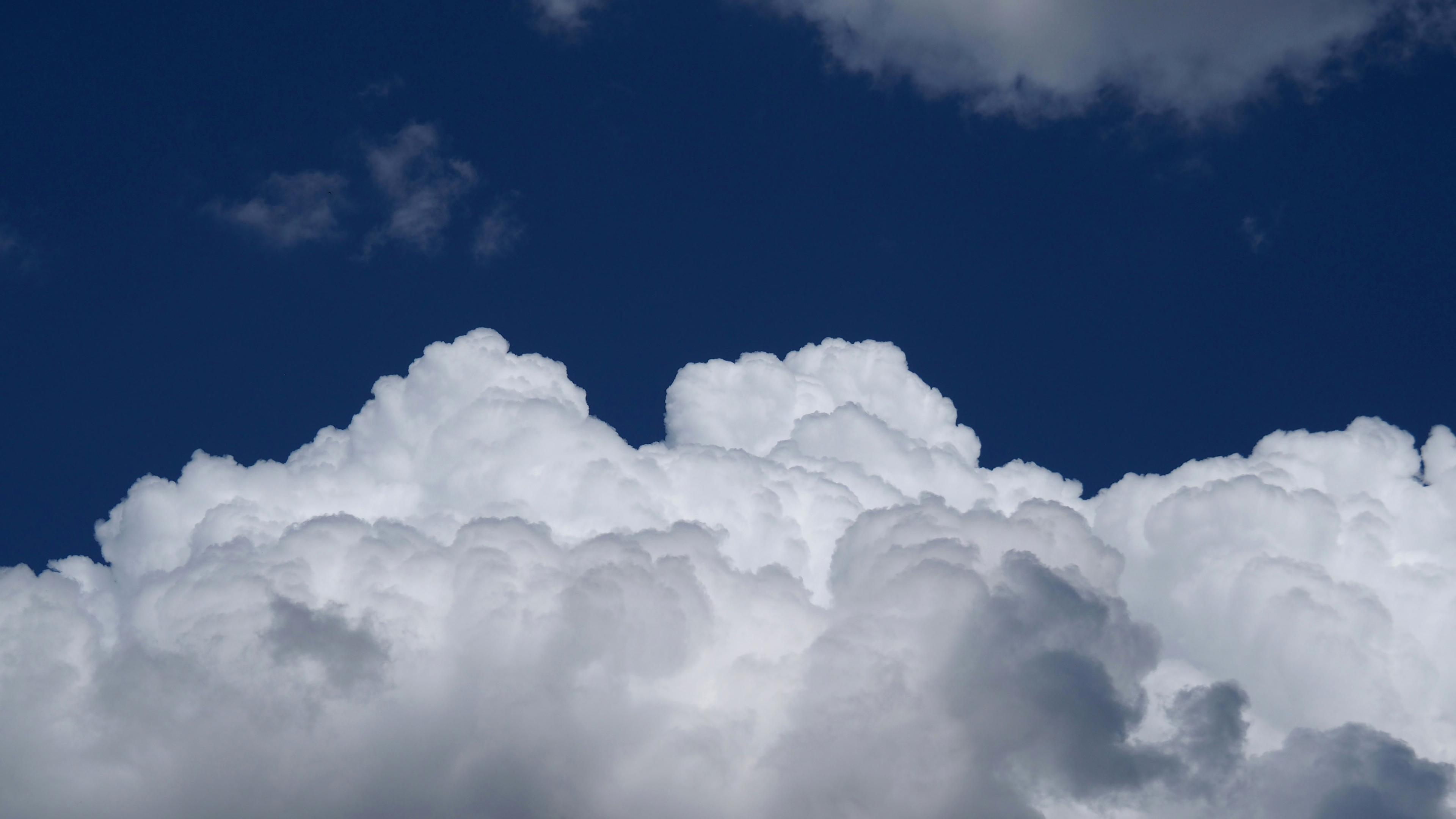MLO and PTB amplitude and phase

Description
Observed peak-to-trough of amplitude and phase based on day of year of downward zero crossing of CO2 at Utqiagvik (formerly Barrow), Alaska (71.3°N, blue dots, right axis) and Mauna Loa, Hawaii (19.5°N, black dots, left axis) as measured by the Scripps CO2 program and the National Oceanic and Atmospheric Administration Global Monitoring Division, based on methods in Graven et al (2013). Phase is calculated as the Julian date of the downward zero crossing.
PTB data are from NOAA (https://gml.noaa.gov/aftp/data/trace_gases/co2/in-situ/surface/brw/co2_brw_surface-insitu_1_ccgg_DailyData.txt) and MLO data are from the Scripps CO2 program
NOAA PTB dataset citation: K.W. Thoning, A.M. Crotwell, and J.W. Mund (2021), Atmospheric Carbon Dioxide Dry Air Mole Fractions from continuous measurements at Mauna Loa, Hawaii, Utqiagvik (formerly Barrow), Alaska, American Samoa and South Pole. 1973-2019, Version 2021-02 National Oceanic and Atmospheric Administration (NOAA), Global Monitoring Laboratory (GML), Boulder, Colorado, USA https://doi.org/10.15138/yaf1-bk21 FTP path: ftp://aftp.cmdl.noaa.gov/data/greenhouse_gases/co2/in-situ/surface/
Usage Restrictions
Scripps CO2 program data and graphics on scrippsco2.ucsd.edu are licensed under a CC BY license, Creative Commons Attribution 4.0 International License (http://creativecommons.org/licenses/by/4.0/), which clarifies appropriate uses and requirements, including that credit be given to the Scripps Institution of Oceanography at UC San Diego. Some products from this site incorporate data from sources external to the Scripps CO2 program, as indicated. Additional credit must be given for these products, as appropriate for that source.
Ethical usage may also require disclosing intentions at early stages to avoid duplicating ongoing studies at Scripps or elsewhere. For applications supporting peer-reviewed scientific publications, coauthorship may sometimes be appropriate. An example would be if an important result or conclusion depends on this product, such as the first account of a previously unreported phenomenon.
Please direct queries to Ralph Keeling (rkeeling@ucsd.edu)
